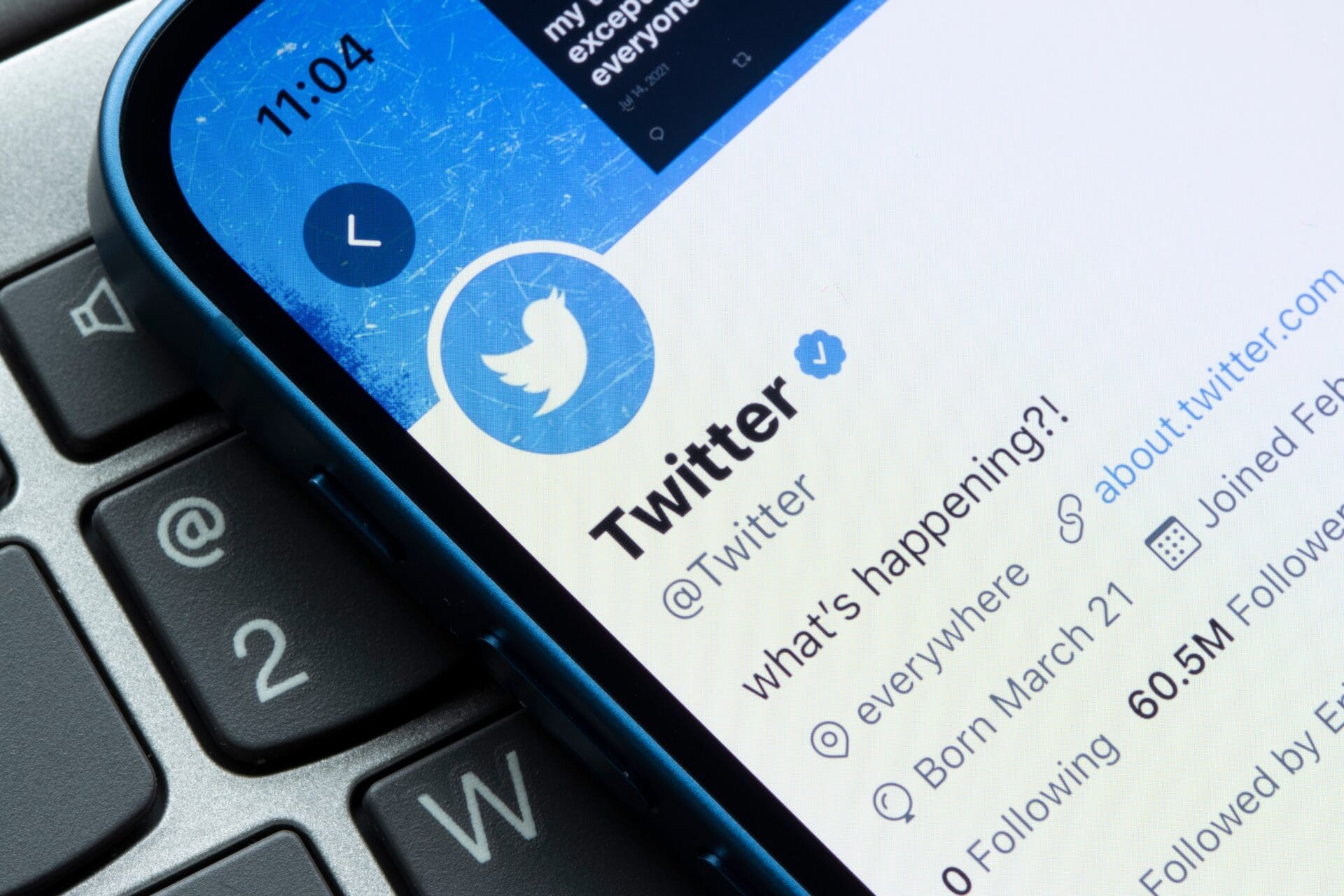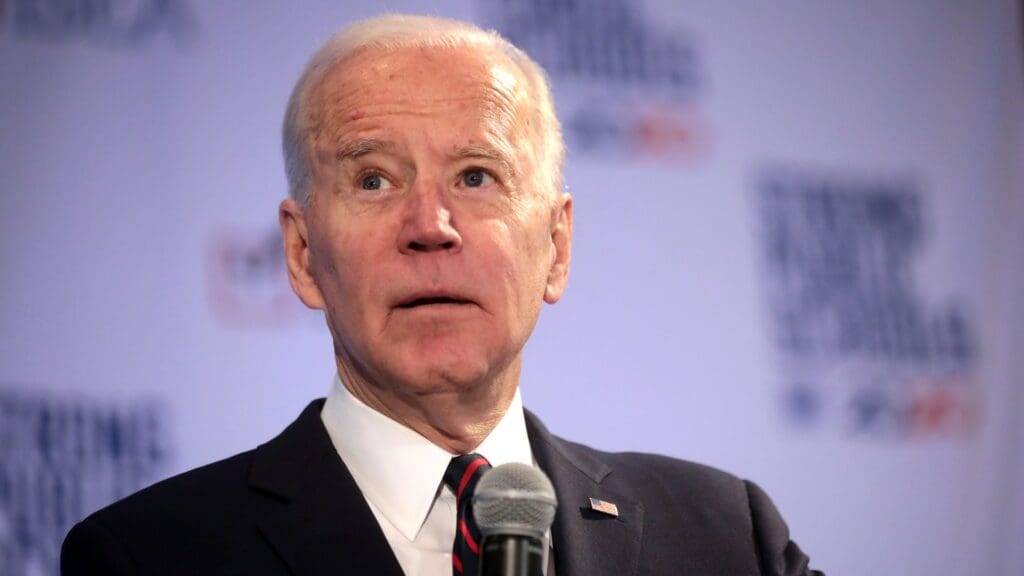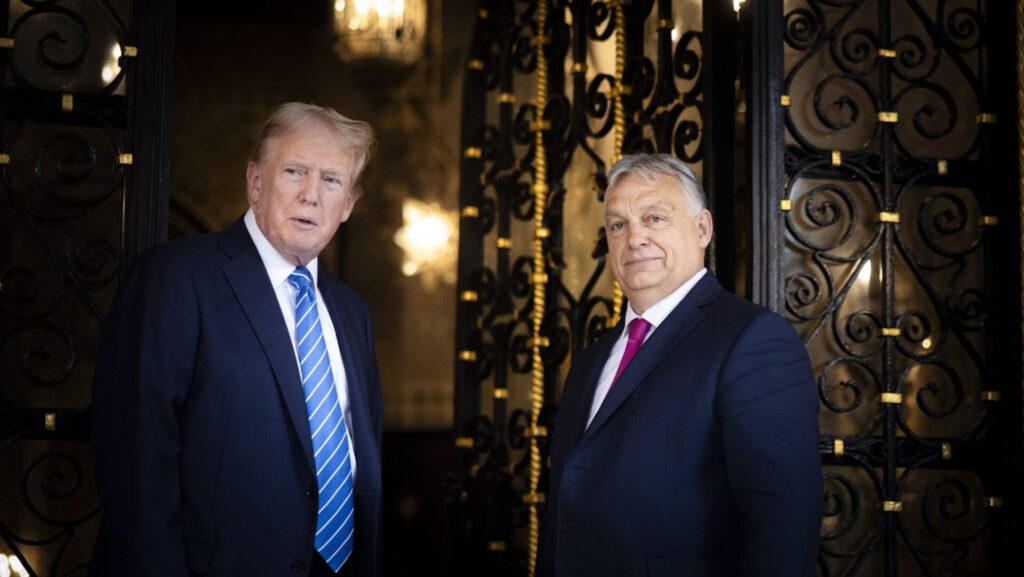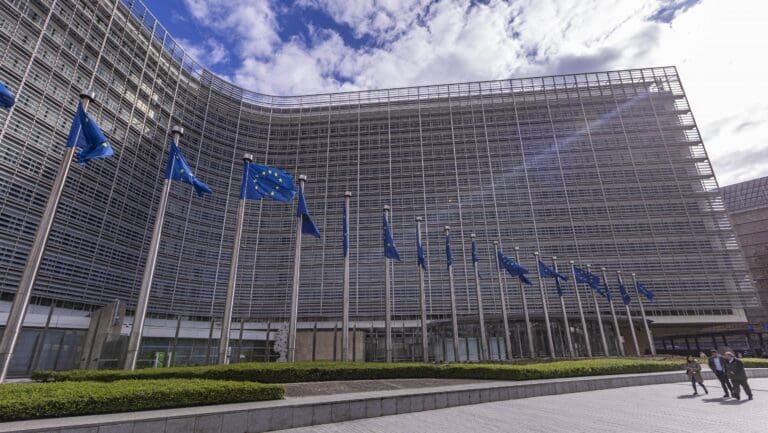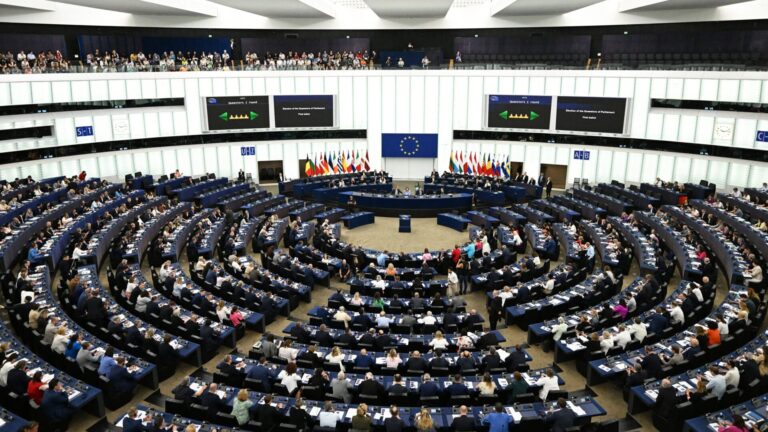Elon Musk has really shaken up the political landscape in Silicon Valley since he took over Twitter in October 2022. And he did not just do that by reinstating former President Donald Trump’s previously banned account. While it was a powerful statement by Twitter’s new management (supported by a poll taken by over 15 million Twitter users), it ultimately did not have not much practical effect. The former President is yet to post anything new on the social media site, sticking with his promise of only using his own platform, Truth Social.
However, in his short stint as Twitter’s chief executive, Musk still managed to take actions that can have broad repercussions regarding the way the major social media companies are run. In December 2022, he released internal documents that reveal an unsavoury relationship between the people in charge of Twitter’s content moderation and members of the US government, the Democratic National Committee, and even Joe Biden’s 2020 Presidential campaign team. Information from the ‘Twitter files’ was shared with the public through the curation of three American journalists, Matt Taibbi, Bari Weiss, and Michael Shellenberger.
The first batch of revelations came in early December last year. They were pertaining to the suppression of the infamous Hunter Biden laptop story. The New York Post obtained a laptop that then-Presidential candidate and former Vice President Joe Biden’s son, Hunter, had left abandoned at a computer repair shop. On that laptop, there were several explicit photos of Hunter Biden, showing him naked in the middle of sexual acts, and smoking illegal substances.
Also, even more damaging to the Democratic Party, it contained documents that implied that he used his father’s high position in the US government at the time to strike favourable business deals in Ukraine.
This story broke in October 2020, right before the Presidential election. Twitter blocked the posting of any links to reports on the story. They even suspended the New York Post’s account, the paper with the fourth largest circulation in the US, founded in 1801 by Alexander Hamilton. Taibbi’s findings from the internal documents show that Twitter management cited their policy against ‘hacked material’ as the excuse for the drastic measure, despite being fully aware that there was no evidence that any of the information had been obtained through hacks. This caused confusion and disagreement within the social media giant’s staff. Then-CEO Jack Dorsey was not made aware of the controversial issue. As the hacked material coverup eventually became untenable, the Hunter Biden scandal was dubbed ‘Russian misinformation’ by major media outlets. Over a year after the incident, even the mainstream media confirmed that the Post’s reporting was in fact correct, and they really had obtained the laptop through a repairman in Wilmington, Delaware.
What’s more concerning is that while these questionable decisions were being made about a story that undoubtedly could have had an impact on the 2020 election, Twitter personnel were in direct communication with people inside Joe Biden’s campaign and the DNC. The internal messages show seemingly damning conversations such as ‘More report from the Biden team’, answered by the comment, ‘Handled these’; or ‘An additional report from the DNC’, followed by two links to now-removed tweets.
For years, the American left has been pushing for social media companies to be more aggressive in content moderation on their sites. Some critics raised their concerns about these actions potentially infringing on the citizens’ right to free speech, ensured by the First Amendment in the US Constitution. To these people, the general response from the left was that these are private companies handling content moderation issues on their private platforms, and the Constitution only protects speech from government interference. However, the recent revelations suggest that it was in fact US government actors who made calls about removing online content, created by American citizens about American politics.
Western media outlets and NGOs often like to criticize PM Viktor Orbán’s Hungary for press freedom issues.
A lot of this criticism is coming from organisations close to the current Biden administration and their donors.
But we have yet to see a case where any member of the Hungarian government, or a staffer of a Hungarian political campaign, directly asks a social media company to remove content, let alone that request being adhered to immediately.
It is important to note that, still according to information shared by Taibbi, both political parties in the United States had direct contacts with Twitter staff and asked for content removal. However, as the journalist also points out, people connected to the Democratic Party did so disproportionately more often, and their requests were heeded disproportionately more often as well. To further elucidate his point, he shared a table showing that at least 96 per cent of political campaign contributions from Twitter employees were donated to the Democrats each of the last three years.
Taibbi’s most recently released findings are purported to show the origins of how US government officials got their way regarding content removal by Twitter. In the wake of Donald Trump’s election in 2016, in an effort spearheaded by Hillary Clinton and her campaign team, the mainstream media and the Democratic Party pushed the narrative that the unexpected result came about due to Russian meddling through social media sites. Twitter conducted their own investigation into the matter, but banned only 22 accounts with possible ties to Russia pushing American political material. Furious with the lacklustre results, Virginia Senator Mark Warner from the Democratic Party, the Vice Chair of the Senate Intelligence Committee at the time, held a press conference in which he called Twitter’s inspection ‘inadequate on every level’.
The majority of the American news media was happy to run with the ‘Russian meddling’ narrative, despite no objective data backing it up, at least not on Twitter’ part.
1.THREAD: The Twitter Files
— Matt Taibbi (@mtaibbi) January 3, 2023
How Twitter Let the Intelligence Community In
Fearing a PR problem and possible repercussions from their Democratic friends in Congress, the social media company lowered the threshold of what accounts should be deemed suspicious for having possible ties to the Kremlin. By moving the goal post, they still only got to find 32 more of these accounts. Yet, after unceasing pressure from the media and Democratic members of Congress, Twitter’s management eventually caved in and went along with the narrative that Russian meddling was a significant threat on their platform.
As Taibbi put it at the end of his thread, this model was proven to work: political actors in the US government and news media learnt how they could get Twitter to remove content if they wished. Throughout the next few years, the process was simplified, and turned into direct requests…
In a similar vein, Facebook CEO Mark Zuckerberg turned some heads back in August 2022 when he appeared on Joe Rogan’s popular podcast. In the three-hour-long interview, he revealed that leading up to the 2020 US Presidential election, Facebook management was approached by the FBI who warned them about the threat of Russian interference again. As the Hunter Biden story broke, many former and current members of the US intelligence community went on national media to denounce it as a likely Russian hoax. Thus, in a roundabout way at least, another social media giant was also coaxed into suppressing the story, even if to a lesser extent than Twitter had.
Read Next

